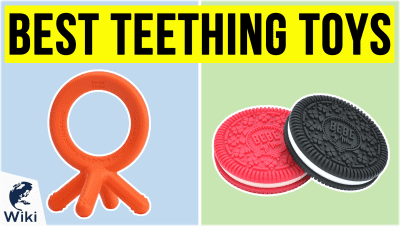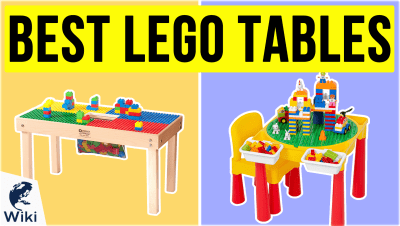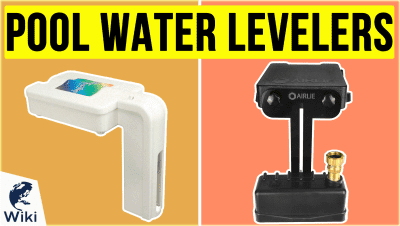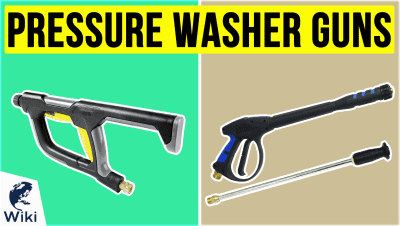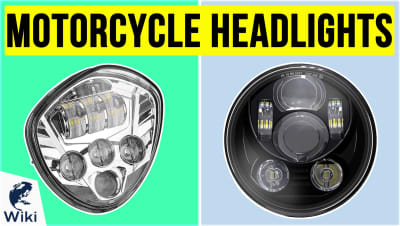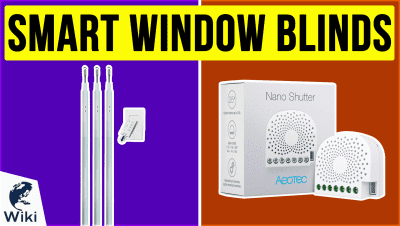What Is Ethereum?
If you're new to the world of cryptocurrency, you may be overwhelmed by complicated discussions of blockchain and all the different types of coins out there. Don't worry, we're here to help. If you've heard about Bitcoin and Ethereum and want to know which you should buy in order to purchase crypto collectibles, we've got a full explanation of the Ethereum network and why it's so useful. If you want to learn more about how Ethereum was created, try these articles on co-founder Joseph Lubin and his company, ConsenSys. This video was made with Ezvid Wikimaker.
Who Created Ethereum?
Ethereum was created by Vitalik Buterin, who published the Ethereum white paper when he was only 19. Ethereum takes the principles of blockchain established by Bitcoin and expands on them to allow the storing of programs through smart contracts. This means that games like CryptoKitties or Etheremon have their own marketplaces on which you can buy and sell unique assets, and all data is stored on the blockchain. As a result, Ethereum can be used not just as a currency, but to employ blockchain for many types of business services.
Meet The Founder Of Ethereum
How Much Is Ethereum Worth?
The value of Ether goes up and down like all currencies. Early investors have acquired a lot of wealth by holding onto it, but more recently, investors have used Ethereum to purchase alternative assets. You can find a lot of these on exchanges like ForkDelta and marketplaces such as OpenSea and Rare Bits. These assets range from fungible tokens like PoWH3D to games like CryptoCities or idle games like Ether Shrimp Farm, as well as unique assets like Factbar. All of these function on smart contracts, and their transactions are backed up on the Ethereum blockchain. You can buy them using an extension like MetaMask, which allows for browser integration of your Ethereum wallet. You can check out the popularity of a certain application on a site like DappRadar, which can let you know how many people are using it. Popular assets have been known to grow in value very quickly.
Decentralizing Everything With Vitalik Buterin
In Depth
If you pay attention to financial news, you may have heard about Ethereum, the blockchain that is garnering a lot of attention due to its ability to incorporate smart contracts, leading to a wealth of decentralized applications. Not only can Ether function as a digital currency, it can also be used to purchase alternative coins and unique digital assets like Factbars and other crypto collectibles. Let's take a closer look at this platform and why so many people see big things in its future.
To understand how Ethereum works, we need to first talk about Bitcoin. Bitcoin is the most popular cryptocurrency, a digital form of money that relies on blockchain technology. By using a decentralized ledger, users can verify transactions without the need for a central authority. This could be useful for anyone doing business online or dealing with customers in another nation. Bitcoin originated this technology, and the price of Bitcoin has skyrocketed in recent years.
This concept of a decentralized system excited those who saw the potential of a system where a powerful institution could not manipulate the marketplace because any user can view and audit transaction records. Vitalik Buterin eventually created Ethereum, which took the principles of Bitcoin and expanded upon them to involve the storing of programs, not just data.
This concept of a decentralized system excited those who saw the potential of a system where a powerful institution could not manipulate the marketplace because any user can view and audit transaction records.
Vitalik, along with Joseph Lubin and Anthony Diiorio, founded the Ethereum project, seeing it as the next logical step in taking blockchain beyond digital money. Ether functions as a currency like bitcoin, but the network also incorporates "Smart contracts" to allow for the development of applications that take advantage of its blockchain.
Beyond Bitcoin and Ethereum, there are many different types of crypto coins available. Often companies will issue an "I.C.O.," where they sell tokens that represent a stake in their company, or use those tokens as currency to participate in that company's business. You can use Ether to buy and sell these tokens. Many companies are attracted to Ethereum because of its ability to incorporate smart contracts through a set of principles called ERC20.
When you make a transaction on the Ethereum network, no person is verifying your payment. Instead, it goes through a smart contract for the asset that you're buying or selling. ERC20 is a set of six functions for these smart contracts to ensure integration with the blockchain, and most digital wallets that accept Ethereum will also accept ERC20 tokens. You pay a small bit of Ether for every transaction, it goes through the company's smart contract, and is recorded on Ethereum's blockchain.
Instead, it goes through a smart contract for the asset that you're buying or selling.
ERC20 tokens are like Bitcoin and Ether in that they are fungible, meaning all coins of a certain currency are the same. If you have two Bitcoins, and you plan to sell one, it doesn't matter which one you sell because they are worth the same amount. You can also deal in fractions of a coin in the same way you can deal in dollars and cents. But some assets are unique, or non-fungible. Ethereum has led the way in using its blockchain for unique digital assets, also known as crypto collectibles.
To handle unique assets, ERC721 was created. This is a standard for smart contracts dealing in digital assets that are not all the same. One popular example is Factbar, online representations of facts that are researched and verified. If you own a Factbar, you are the only person who owns it at that time, and every Factbar has its own unique value. Highly-desirable Factbars are therefore very valuable because they are rare.
The ability to employ these smart contracts has led to an explosion in dapps, applications where users can buy and sell tokens. These include fungible tokens issued by companies, crypto collectibles like Factbar, and games like CryptoCountries, where individual tokens are sold for high amounts if they have desirable traits.
The ability to employ these smart contracts has led to an explosion in dapps, applications where users can buy and sell tokens.
The major difference between Bitcoin and Ethereum is the variety of uses. Bitcoin is mainly used to buy and sell alt coins or transferred between users as a currency. Ethereum has that use as well, and both Bitcoin and Ethereum are often held by investors who believe their value will continue to rise as they become accepted all over the world. In fact, some ATMs are being rolled out that deal in Bitcoin and Ethereum.
But Ethereum also allows developers to try their hand at decentralized applications quickly and easily. That's why so many games and virtual assets are flocking to the network. Joseph Lubin founded ConsenSys, a Brooklyn-based collective of dozens of companies and hundreds of developers creating the applications and infrastructure necessary to expand the reach of the Ethereum network and its capabilities in creating new decentralized systems.
ConsenSys is looking for ways beyond currency to take advantage of the blockchain. This can be electronic signatures of documents, using blockchain to verify a user's identity with Zug ID, and finding ways to encourage green energy consumption with Grid+, which helps users cut down on energy costs with a simple app. Lubin and other pioneers hope that blockchain will allow for growth that is distributed more evenly across society and can help create a more equitable future.
ConsenSys is looking for ways beyond currency to take advantage of the blockchain.
Blockchain is still relatively new, and only a small percentage of the population currently uses cryptocurrencies. Those who are invested heavily in the technology believe that blockchain will be not just a new type of money, but a new method of social organization that can change all variety of societal structures.
Many who see the potential of a decentralized system are buying into Ethereum, and as a result, assets based in smart contracts are being snatched up by those who hope investing in crypto will be as profitable as investing in the early days of the Internet turned out to be.



